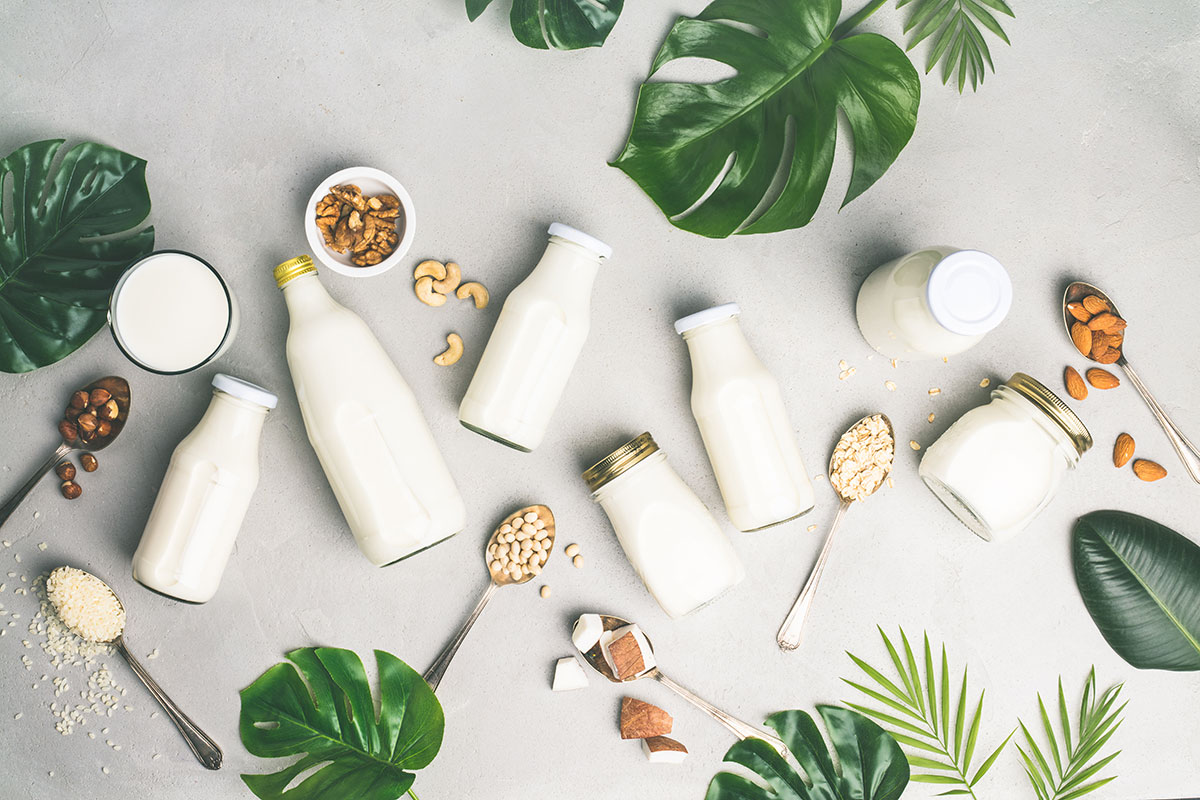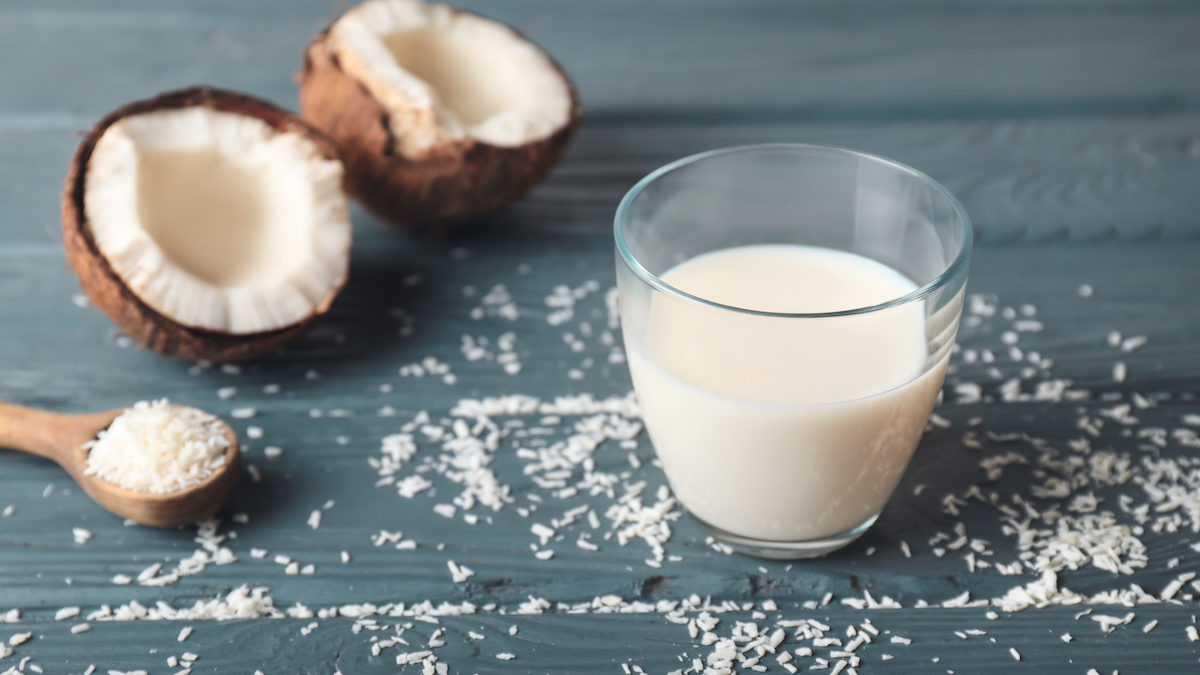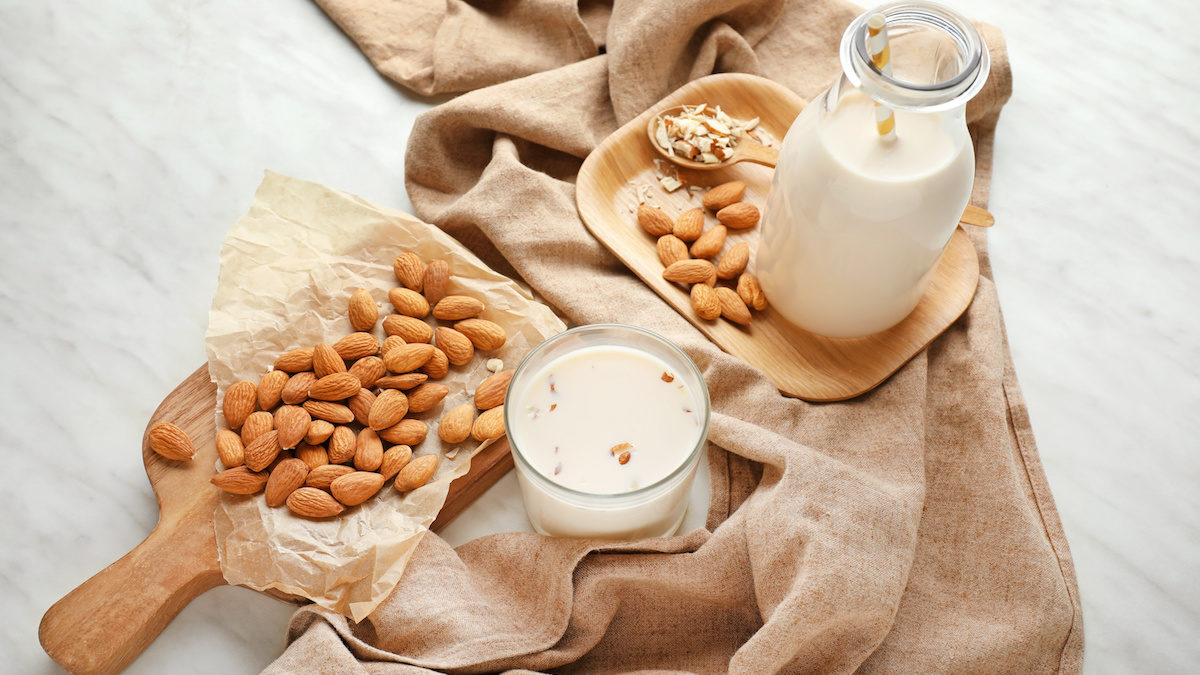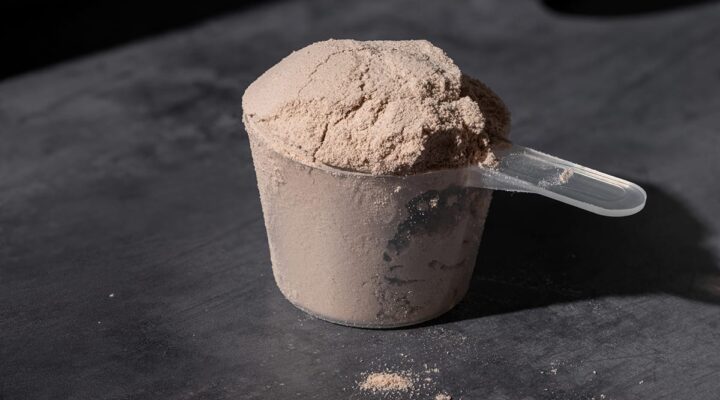Which Plant Milk Should I Be Drinking?

Consumption of cow’s milk continues to wane, but finding the best alternative is no black and white matter. Dairy’s demise in western diets comes from a growing awareness of how cow’s milk is more acquired habit than dietary necessity, and plant-based imitations now take up a bulk of the shelf space in all major supermarkets.
One important reason is the increased communication of cattle farming’s impact on our planet. For every 50g of beef protein consumed, an average of 17.7kg of CO2 is emitted into the atmosphere. The same study linked a litre of cow’s milk to 3.2kg of emissions, 628 litres of water used, and 9 square metres of land occupied. Compare that to oat milk production, which comes with a fractional 0.9kg of CO2 emissions, 48 litres of water and less than a single square metre of land.
But the trade-offs aren’t simply environmental. Harvard research has also linked the replacement of full-fat dairy products with carbohydrates from whole grains to a heart disease reduction by 28%, while other studies have linked excessive dairy consumption to certain cancer strains and dermatological defects such as acne.
And what of cereal, legume, nut and seed-based milk’s less complete nutritional profile than the blue-topped stuff? Though none quite match cow’s protein content and complete essential amino acids profile, many alt-milks come fortified with additional nutrients, and most brands now offer unsweetened variations to offset previously concerning added sugars.
So, if you’re yet to find the perfect plant-based milk to shake your Superblend to perfection, here we’ve summarised the benefits and trade-offs of each leading dairy-free alternative.
Oat Milk | Great Texture, Great Taste
Currently on track to replace almond in the plant-based commercial stand-off, oat milk is naturally sweet with a creamy texture that makes it the baristas alternative of choice, not forgetting the best option for thickening up your shakes. Being a starchy grain, oat milk comes with more carbs than nut varieties and less than half the protein of cow’s milk (3g per serving compared to cow’s 8g). That said, it makes up for that with cholesterol-normalising beta-glucan and superior B vitamins compared with soy and coconut milk.
Coconut Milk | Good Fats
About 93% of coconut milk’s calories come from fat. Fortunately for those looking to lose weight, this includes saturated fats known as medium-chain triglycerides (MCTs). Alongside their ability to balance gut microbes, a 2018 PLoS One study suggested MCTs also increase insulin sensitivity to better break down glucose and control blood sugar levels. Shake-ready varieties abound, but check out Rebel Kitchen‘s range for super tasty skimmed, semi-skimmed and whole blends.

Hemp Milk | The Sustainable Option
Though lower in its protein and carb count than oat milk, hemp alternatives also boast fewer calories and make for a good source of heart-healthy omega-3 fatty acids known as alpha-linolenic acid. It also naturally contains more calcium than cow’s milk, which other plant-derived milks tend to have to be bolstered with additionally. Best of all, though, is hemp’s sustainability credentials: hemp seeds are grown naturally with very little water, and the plant breathes in four times more CO2 than trees, with no wastage.
Almond Milk | Low Cost, Low Calorie
Though emissions, land and water usage for almond milk production are far lower than cow’s milk, water use tends to be relatively much higher than other plant-based milks. Per serving, almond milk contains 60 calories and 2.5g of fat – each half the quantities of oat, though sadly protein takes the same hit. As for its status as the cream of the dairy alternatives crop? Much of that can be put down to its palatable nutty taste and comparatively low cost.

Soy Milk | High in Protein
When it comes to protein content, soy comes closest to rivalling that of cow’s milk, with as much as 8.25g per serving in some brands. It’s also low in saturated fat and a natural source of vitamins A and B-12. Unlike other milks on this list, however, soy tends to be heavily processed and GM. Interestingly, though, soy milk uses the least amount of water to make – near half that of oat and less than 5% of what’s required for cow’s milk, though check that your brand of choice is farming sustainably.
Rice Milk | A Glug of Energy
Being high in carbohydrates, rice milk makes for a great energizing alternative with a good profile of B vitamins and magnesium. But what it succeeds in with carb content and lack of saturated fat, it loses in its somewhat negligible protein content – a measly 0.25g per serving. Nevertheless, rice milk is a trusty option for anyone with nut or soy allergies, and usually comes enriched with added nutrients to make up for what it lacks naturally.


















